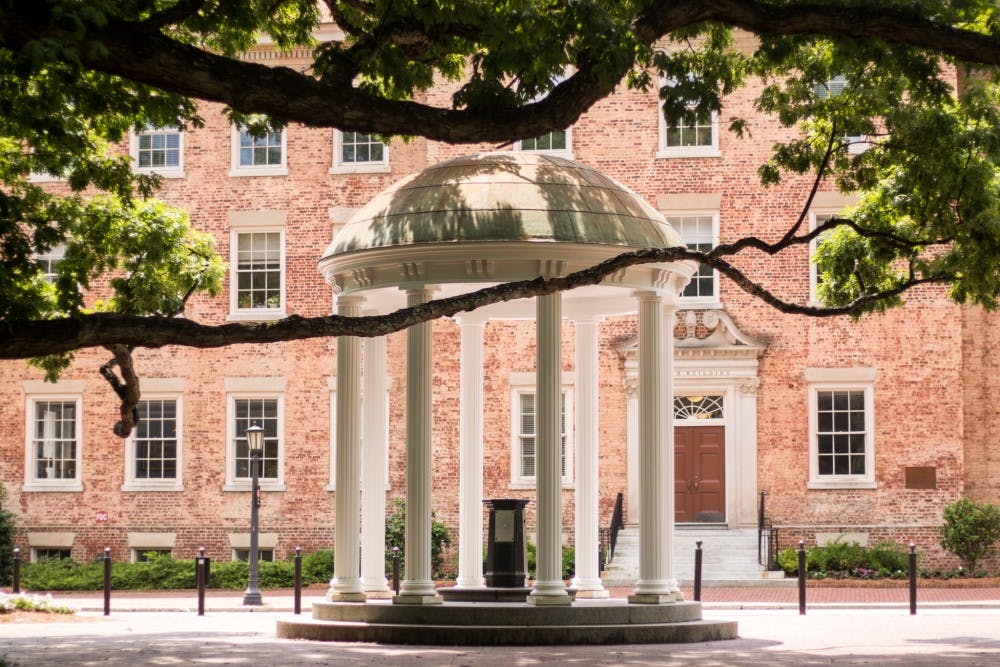The Faculty Executive Committee discussed a fledging academic program at their Tuesday afternoon meeting — the Program for Civic Virtue and Civil Discourse (PCVCD). The program’s origins and declared purpose have generated debate among faculty, with some arguing the PCVCD is an appeal to conservative actors.
Chris Clemens was recently named the senior associate dean for research and innovation within the College of Arts & Sciences, and has been working on developing the PCVCD, which will strive to prepare students for “civic and political engagement,” and for “rewarding relationships in spaces of intimacy and leisure.”
One of the program's underlying philosophies is demands on faculty time and focus are interfering with their ability to engage in broader conversations, and establishing a collective of professors from a wide array of disciplines can counteract the stifling of robust debate.
But some faculty are wary — given the murkiness behind the PCVCD's origins — and they're concerned the program won’t reflect the needs of UNC’s student body or faculty.
“This comes from certain politics, it comes from people who have certain agendas,” said Sherryl Kleinman, professor emeritus in the sociology department.
Clemens said the program grew out of talks between leaders at the University and state levels, and Robert George, a conservative scholar from Princeton. George is listed as the chairperson of the new program's advisory board, and is a co-drafter of the “Manhattan Declaration: A Call of Christian Conscience,” which according to The New York Times is a “4,700-word manifesto that promised resistance to the point of civil disobedience against any legislation that might implicate their churches or charities in abortion, embryo-destructive research or same-sex marriage.”
“Is it the fact that there’s an agenda, or that there’s an agenda you don’t like?” Someone in the room asked Kleinman.
“It’s that it was an agenda that was not faculty generated,” Kleinman responded.
Faculty members said they remember former Chancellor Carol Folt promoting the idea for a similar program a year ago, and some are now concerned that this program is being implemented at the behest of the Board of Governors.



